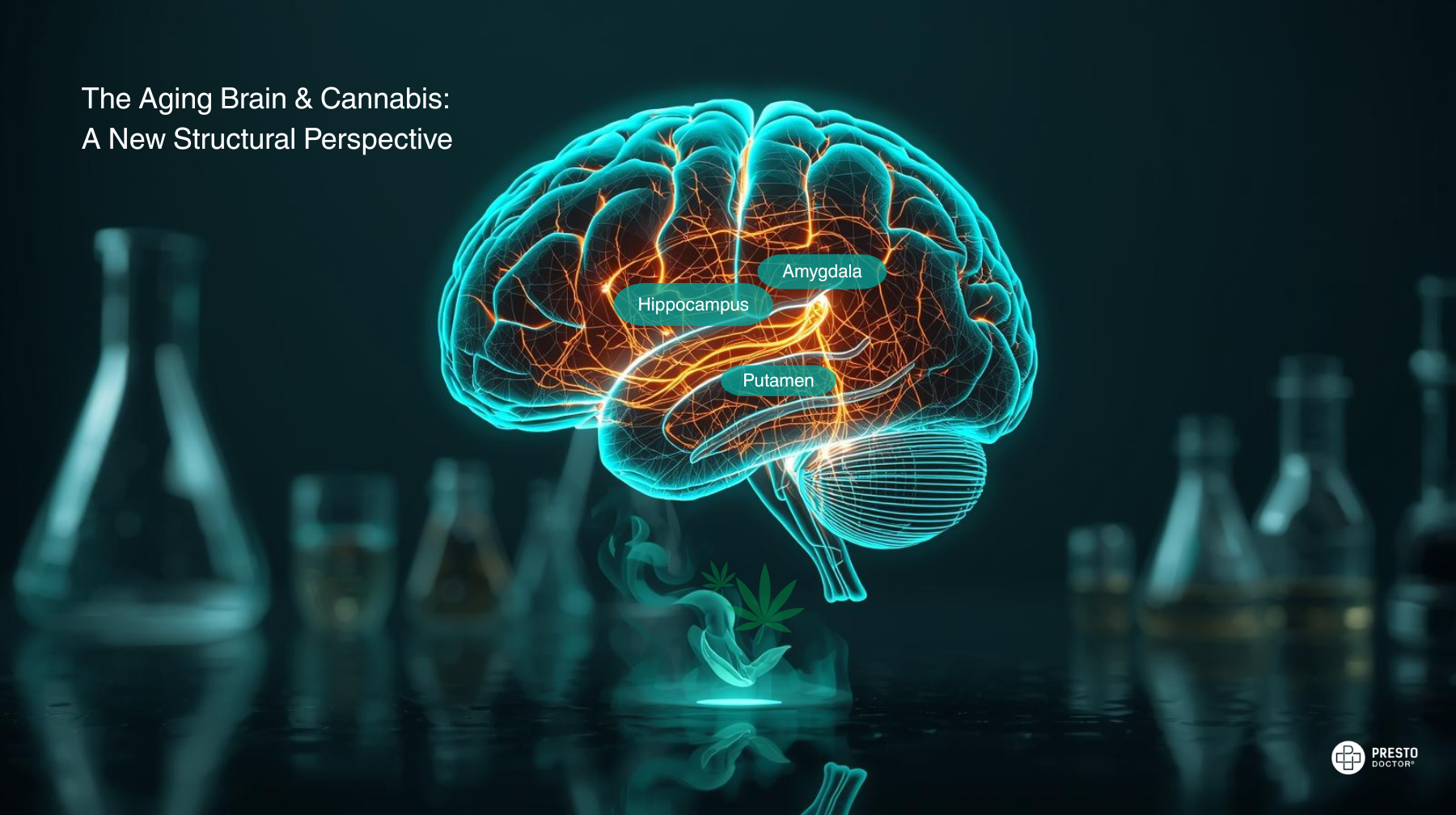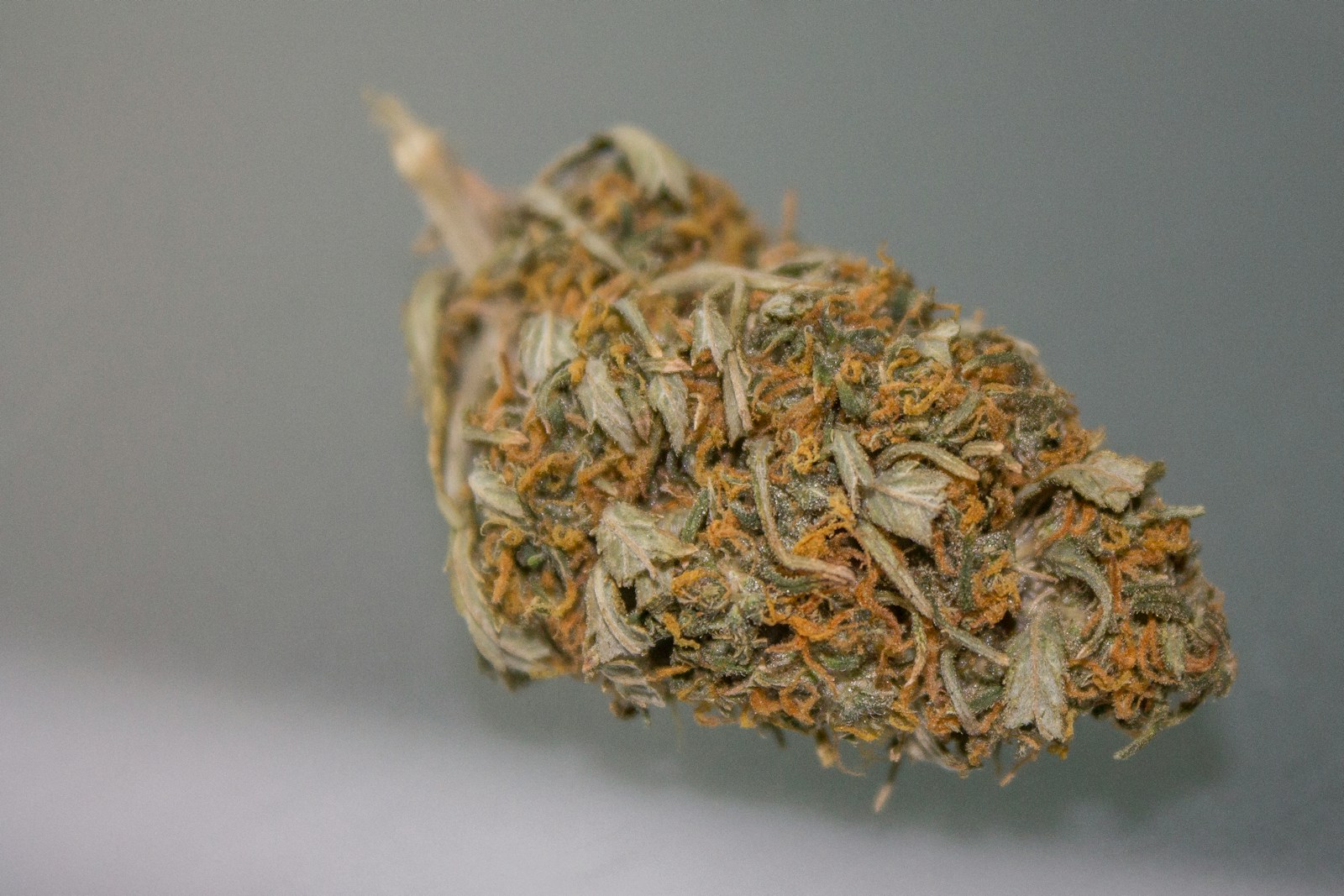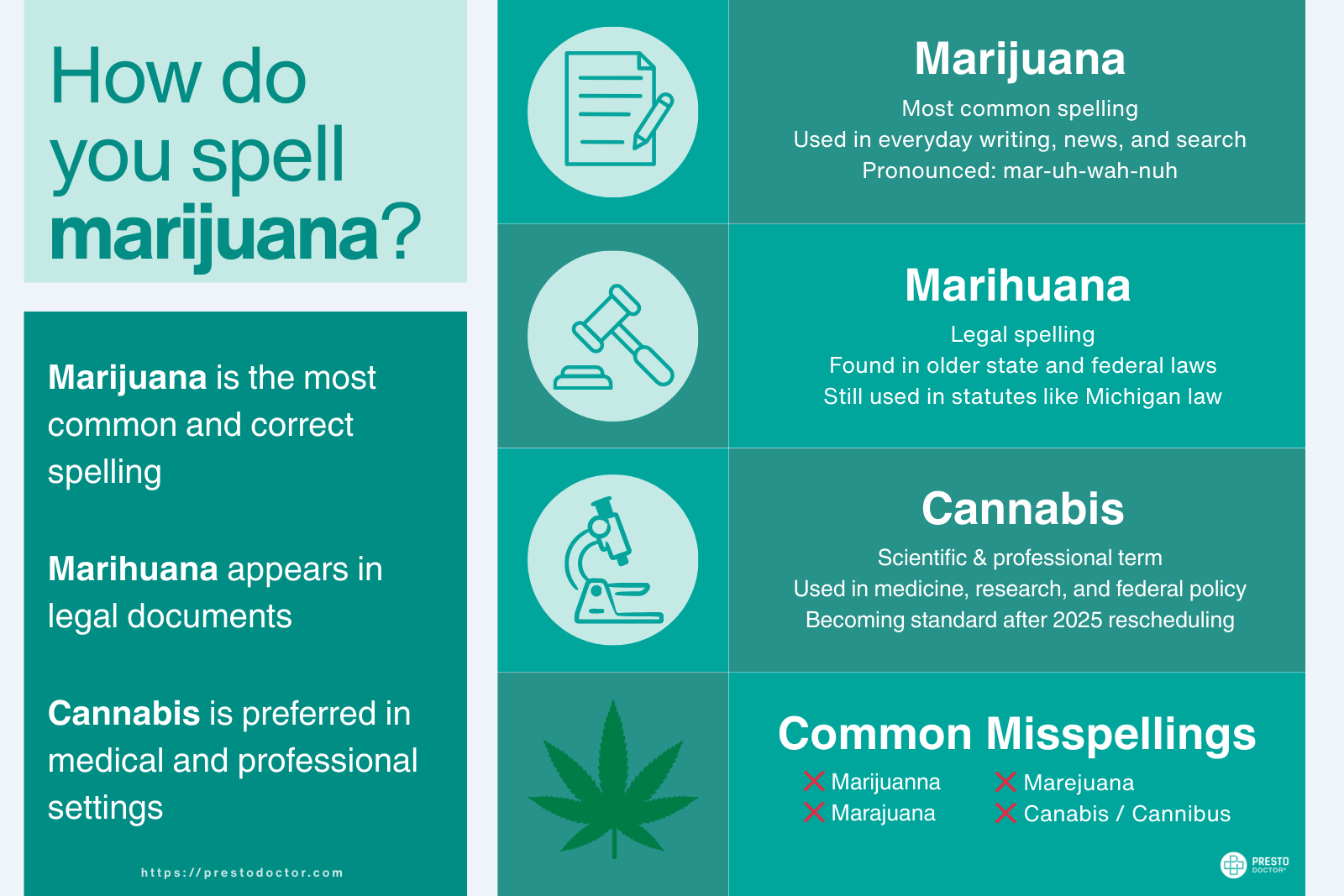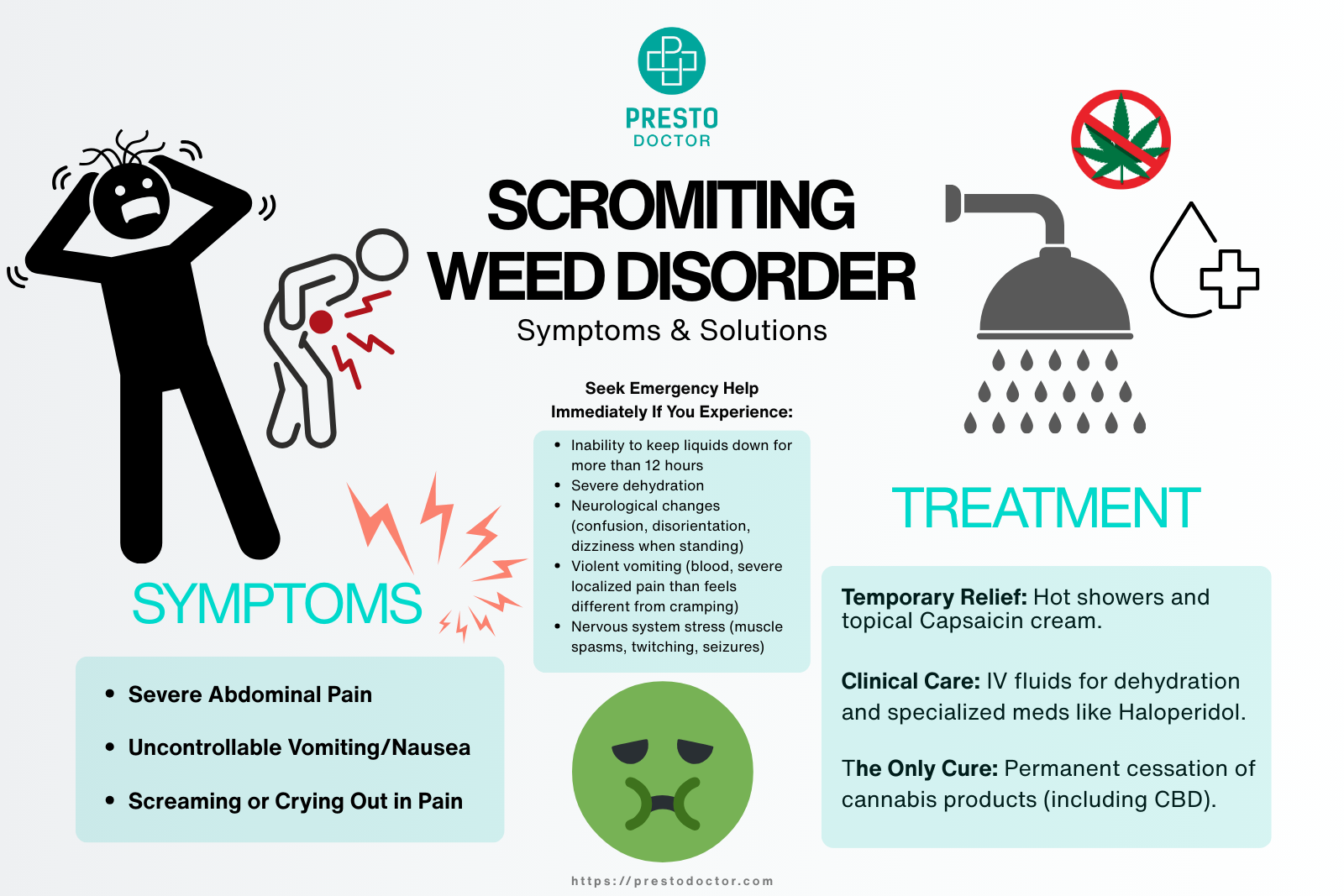
Gabapentin and Cannabis?
Gabapentin and weed are both widely used substances for treating various conditions, particularly chronic pain and neurological disorders. While each can be effective independently, many wonder about the safety and potential effects of combining Gabapentin and THC. In addition, there is also the question of whether CBD and Gabapentin have an interaction when used in combination. This article explores the current scientific understanding, safety considerations, and if there is potential for an interaction when mixing gabapentin and cannabis. Read more to answer your question “is it safe to mix Gabapentin and weed?”
Weed and Gabapentin: Is It Safe To Mix?
The question of using weed and gabapentin together raises concerns due to their effects on the central nervous system. While some research points to potential synergy, others highlight the compounded side effects. This section dives deeper into the interaction between Gabapentin and cannabis in the body.
What is Gabapentin?
Gabapentin is an anticonvulsant medication originally approved for the treatment of epilepsy. Today, it’s widely prescribed for neuropathic pain, restless leg syndrome, and anxiety. It works by modulating calcium channels and altering neurotransmitter release to stabilize electrical nerve activity.
What is Cannabis?
Cannabis, commonly referred to as marijuana or weed, contains active compounds called cannabinoids. The two most prominent are THC (tetrahydrocannabinol), responsible for psychoactive effects, and CBD (cannabidiol), known for its therapeutic effects without a high. It’s used both recreationally and medicinally for conditions such as pain, anxiety, and epilepsy.
How Gabapentin and Cannabis Work in the Body
Gabapentin affects calcium channels in neurons, while cannabinoids interact with the endocannabinoid system, particularly the CB1 and CB2 receptors. Although they act on different pathways, both influence neural excitability, inflammation, and pain perception, making their combined use potentially synergistic—but also risky.
Potential Benefits of Combining Gabapentin and Cannabis
Some animal studies have demonstrated a synergistic analgesic effect when combining THC and gabapentin. A notable study published in Neuropharmacology (2019) showed that co-administration in mice resulted in greater reductions in neuropathic pain than either drug alone (Atwal et al., 2019).
Additionally, evidence suggests that CBD may reduce gabapentin’s side effects while preserving its efficacy, particularly for anxiety and seizure-related conditions (Devinsky et al., 2016).
Risks and Side Effects of Combining Gabapentin and Weed
According to Drugs.com, combining gabapentin with cannabis may increase the risk of:
- Dizziness and sedation
- Cognitive and motor impairment
- Confusion and difficulty concentrating
These effects can be compounded, especially in older adults or individuals sensitive to THC. It’s crucial to avoid driving or operating machinery when combining these substances. Smoking weed while on gabapentin may further intensify these symptoms.
Clinical Evidence on Gabapentin and Cannabis Interactions
In the aforementioned study by Atwal et al. (2019), researchers found a synergistic reduction in mechanical and cold allodynia—pain responses caused by normally non-painful stimuli. The combination reduced the required effective dose (ED50) of each drug, enhancing the therapeutic window. The gabapentin and weed mix has shown promise, but controlled conditions are essential for safe use.
However, side effects like motor incoordination, catalepsy, and sedation persisted, which suggests careful dosage management is essential.
CBD vs THC When Mixed with Gabapentin
CBD appears to be the safer cannabinoid when used in combination with gabapentin. Unlike THC, CBD is non-psychoactive and may have anticonvulsant, anxiolytic, and anti-inflammatory effects. Some research indicates CBD could be beneficial in seizure control, potentially complementing gabapentin’s effects (PubMed). However, CBD and Gabapentin in combination can have the potential to cause drowsiness and impaired cognitive function.
Expert Medical Advice on the Combination
Most healthcare providers advise against self-medicating with both substances without supervision due to the potential for side effects from Gabapentin and THC combined. The unpredictable nature of individual physiology, varying potencies of cannabis, and gabapentin dosages make unsupervised combination risky. Physicians can tailor advice based on your condition, tolerance, and co-medications.
Interaction with Other Medications
Gabapentin and cannabis can both interact with other CNS depressants like benzodiazepines, opioids, and alcohol. Combining all of these increases the risk of respiratory depression, unconsciousness, or even fatal overdose.
Should You Mix Gabapentin and Weed?
The decision to combine gabapentin and weed should be made carefully and always in consultation with a healthcare provider. Potential benefits exist, especially for neuropathic pain and anxiety, but the risks can be significant if used improperly.
Monitoring Side Effects and Response
If prescribed both substances, patients should be closely monitored for changes in mood, cognition, balance, or signs of increased sedation. Journaling symptoms and side effects (under supervision) can help fine-tune dosage and identify red flags early.
Scientific Limitations and Future Research
Most available data comes from animal models or small-scale studies. Large, controlled clinical trials are necessary to validate both safety and efficacy in humans. Current evidence is promising but insufficient to universally recommend the combination.
Conclusion
While there is emerging evidence that gabapentin and cannabis—especially CBD—may have synergistic therapeutic effects, combining them is not without risk. Consulting a medical professional is crucial to ensure safety.
FAQs
Is it safe to mix gabapentin and weed?
Mixing them may increase sedation and other CNS effects. Always consult your doctor first.
Is there any benefit to combining gabapentin and cannabis?
Yes, studies suggest potential synergy in managing neuropathic pain, though evidence is still developing.
What are the risks and potential effects of combining gabapentin and THC?
Risks include dizziness, confusion, impaired motor function, and excessive sedation.
Is CBD safer than THC when taken with gabapentin?
Yes, CBD may reduce some negative effects of gabapentin and is non-psychoactive.
Are there clinical studies on this combination?
Yes, preclinical mouse models show positive synergy, but more human studies are necessary.






